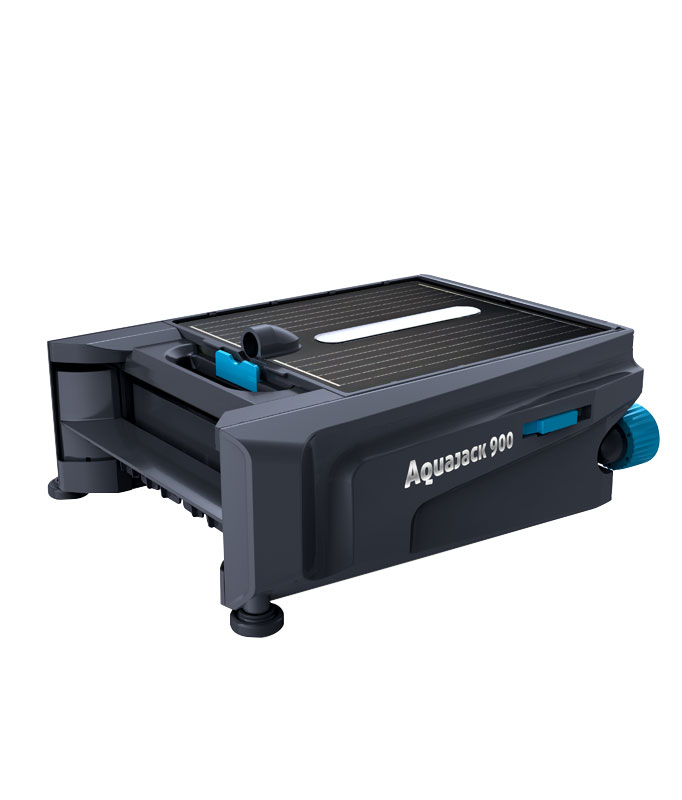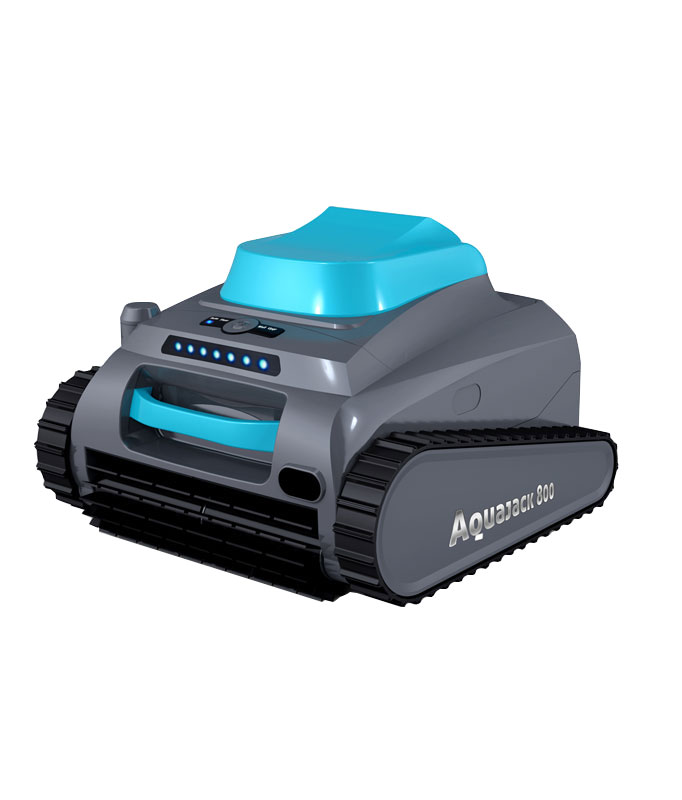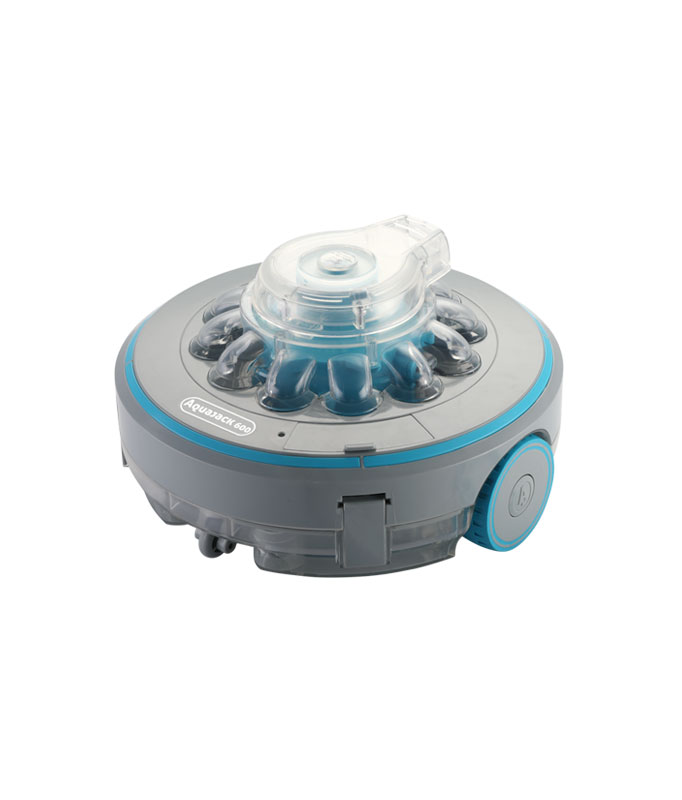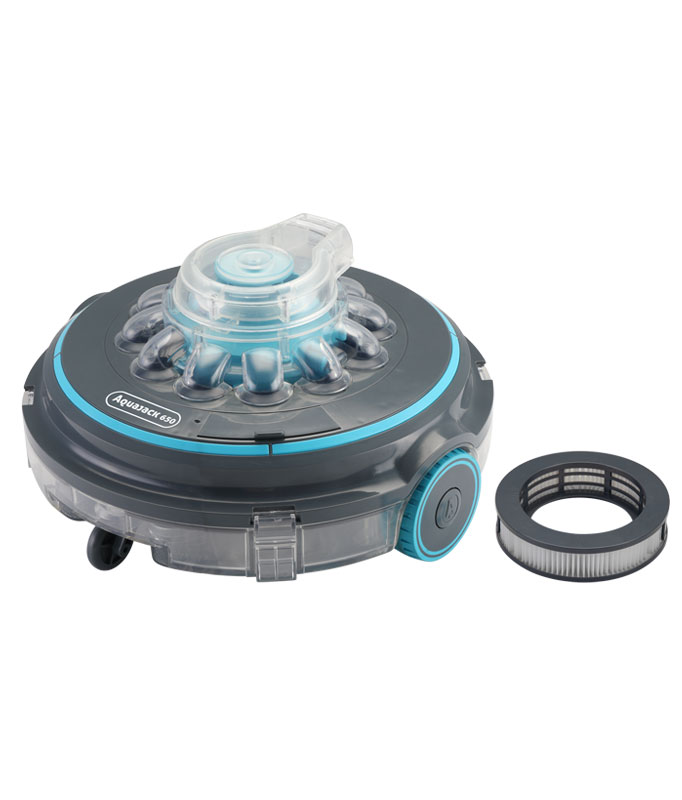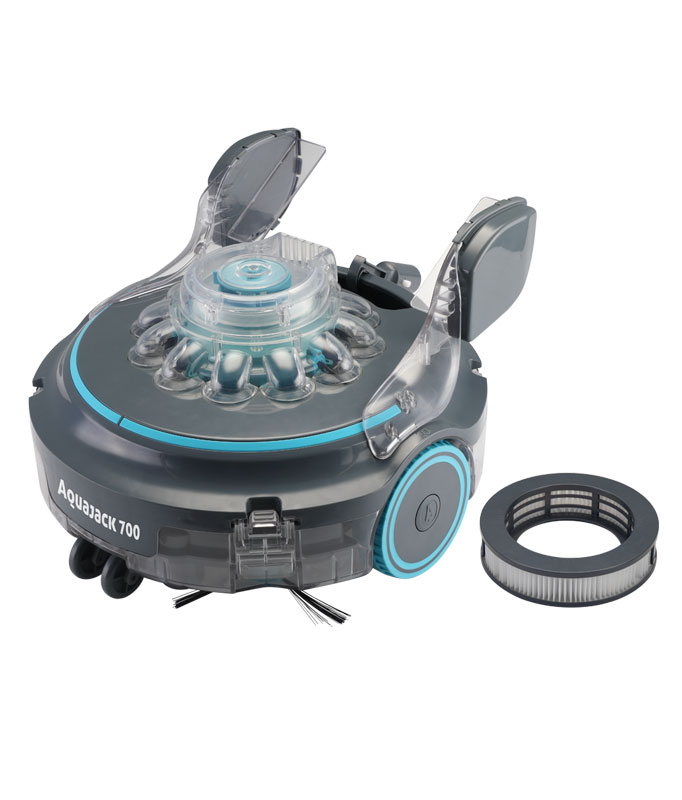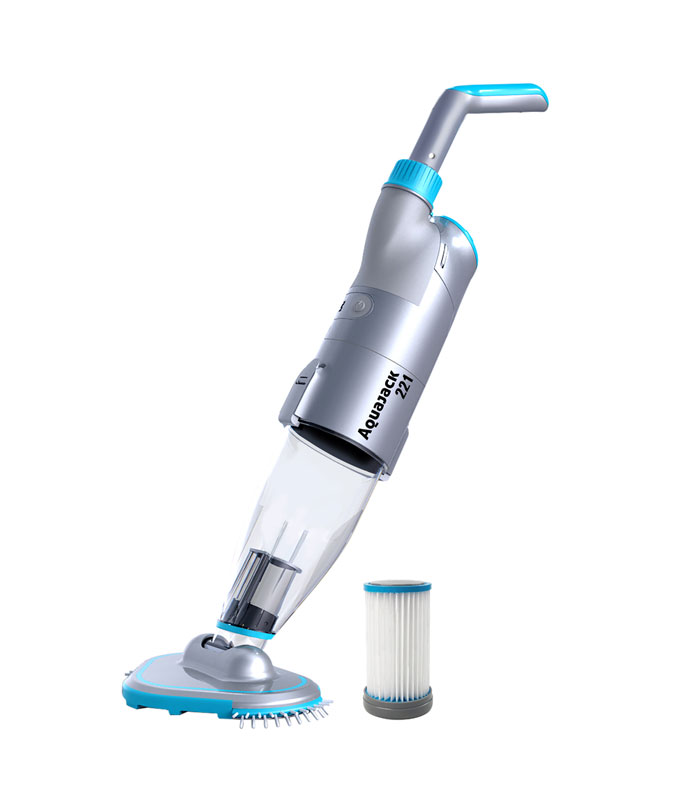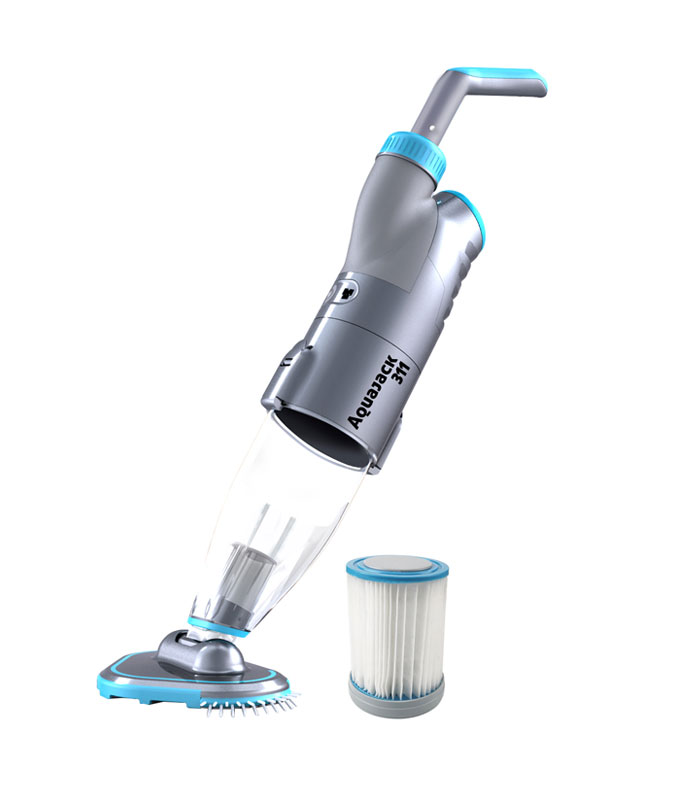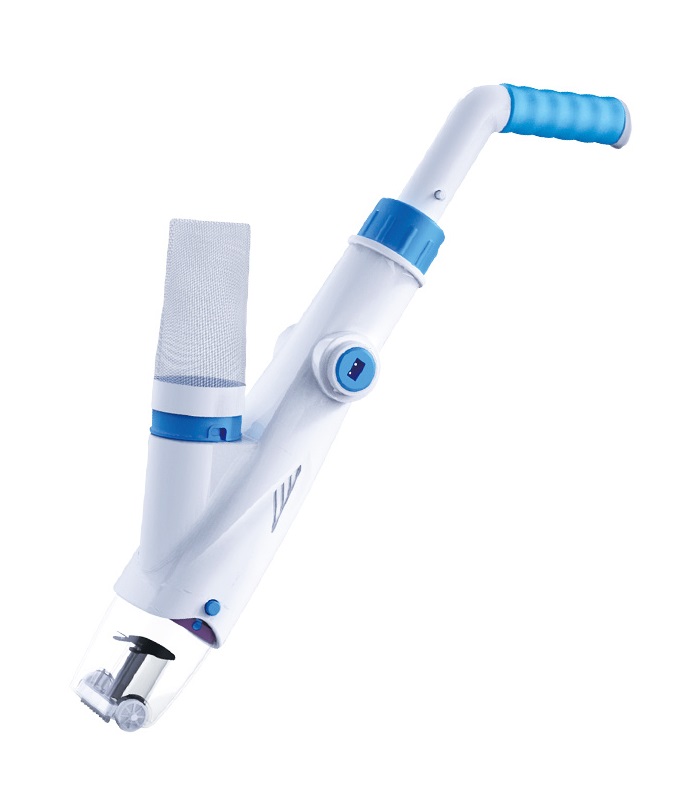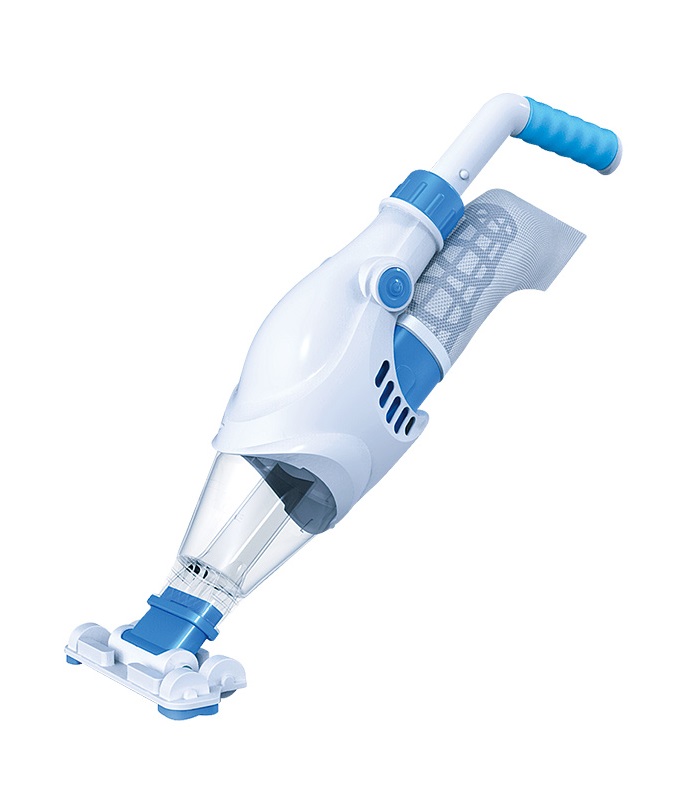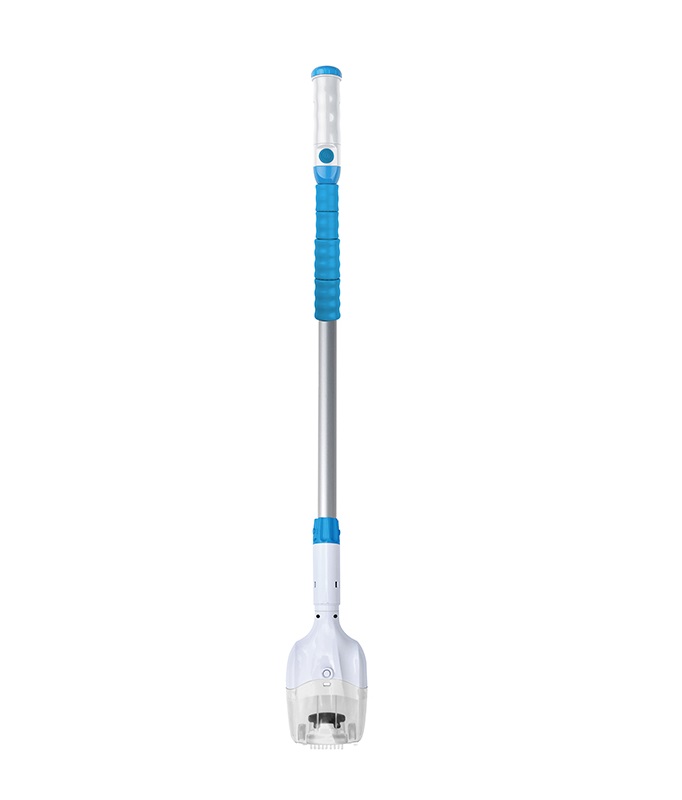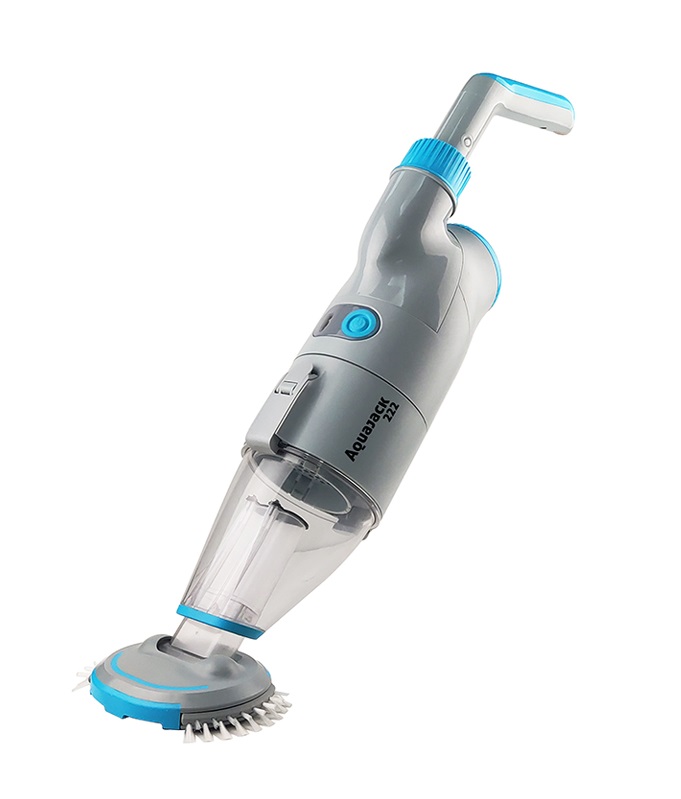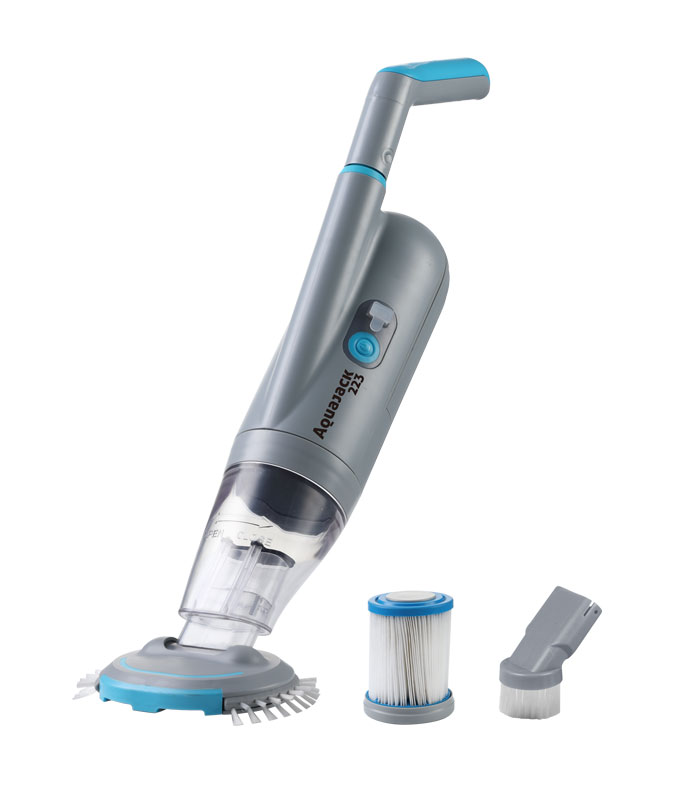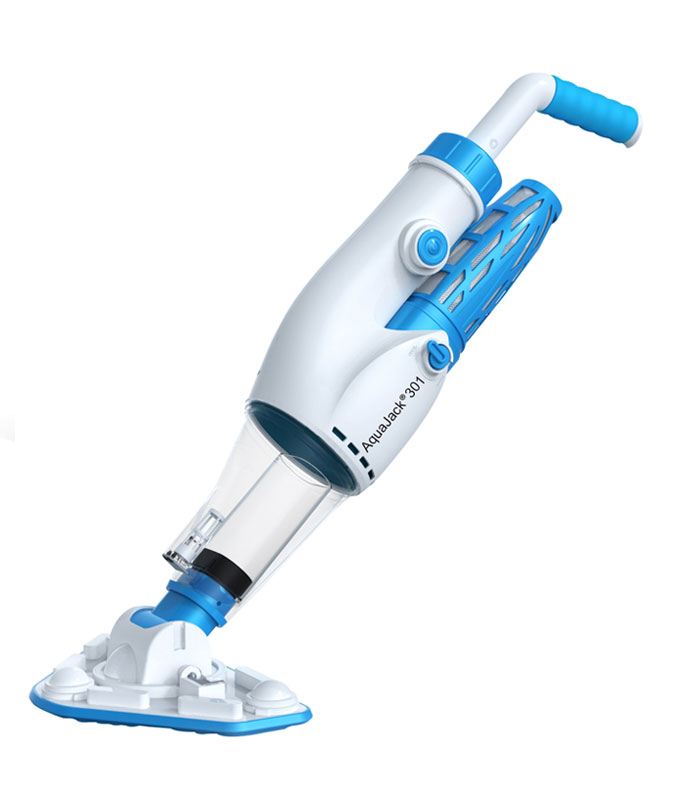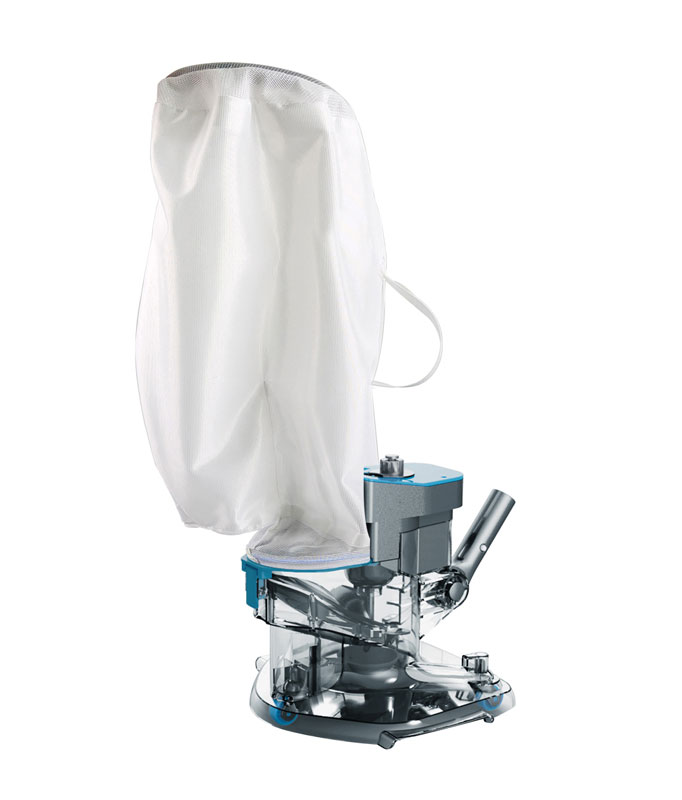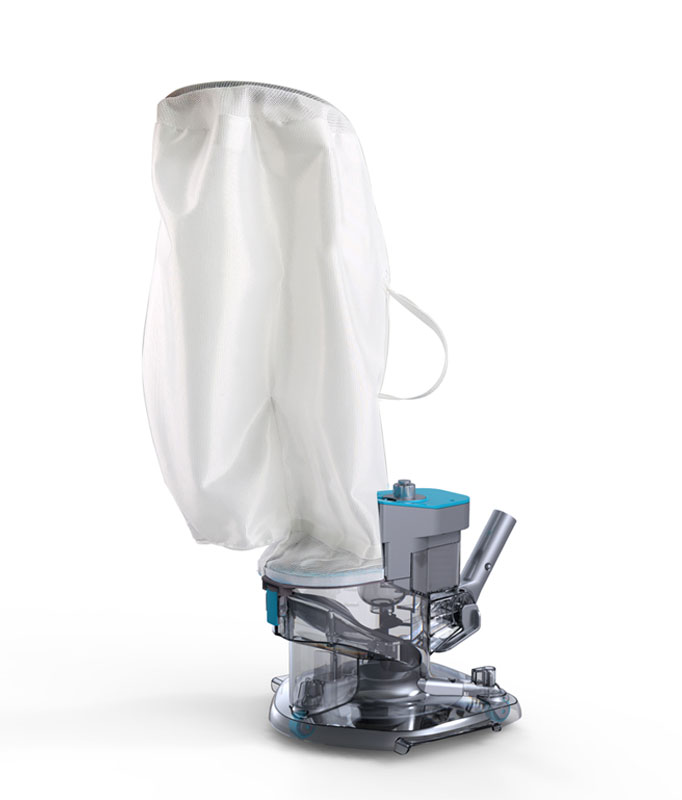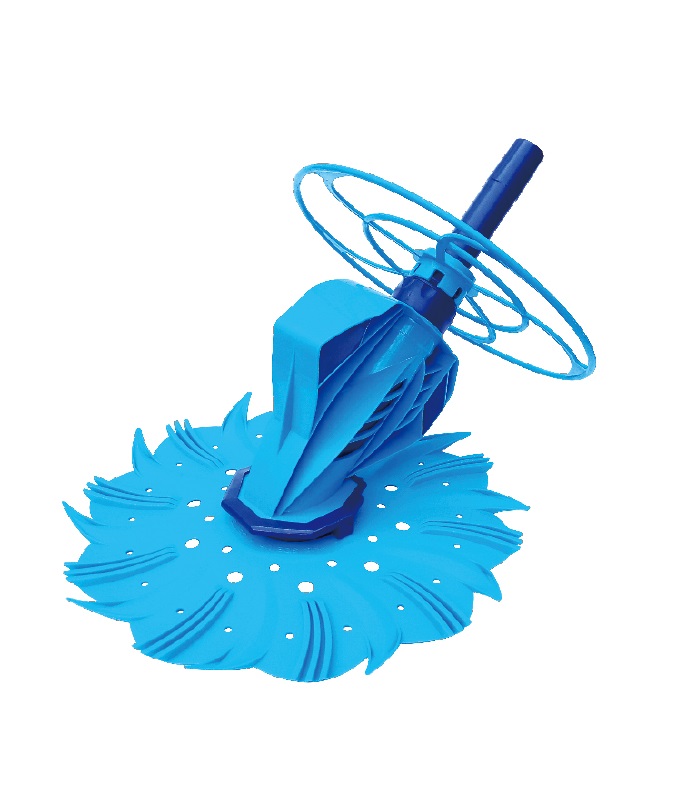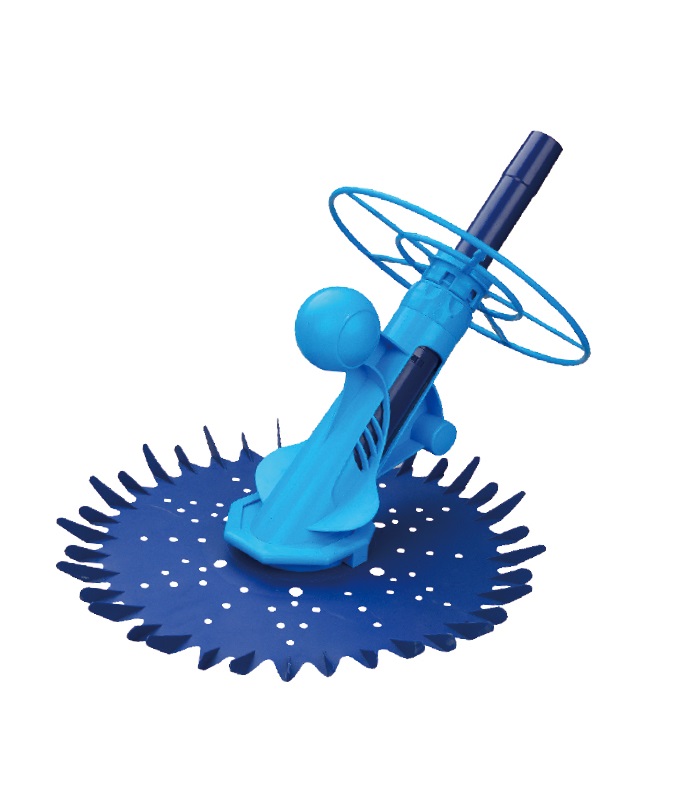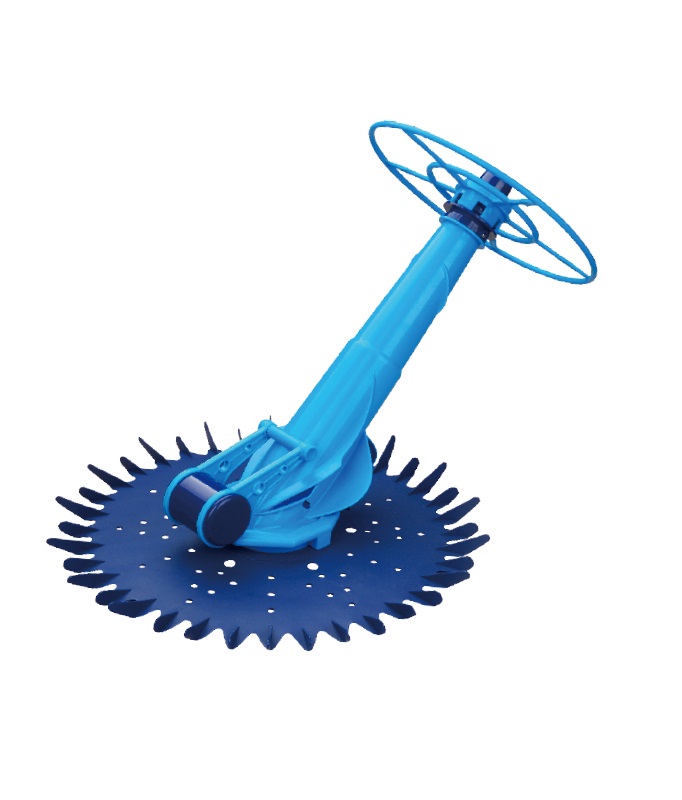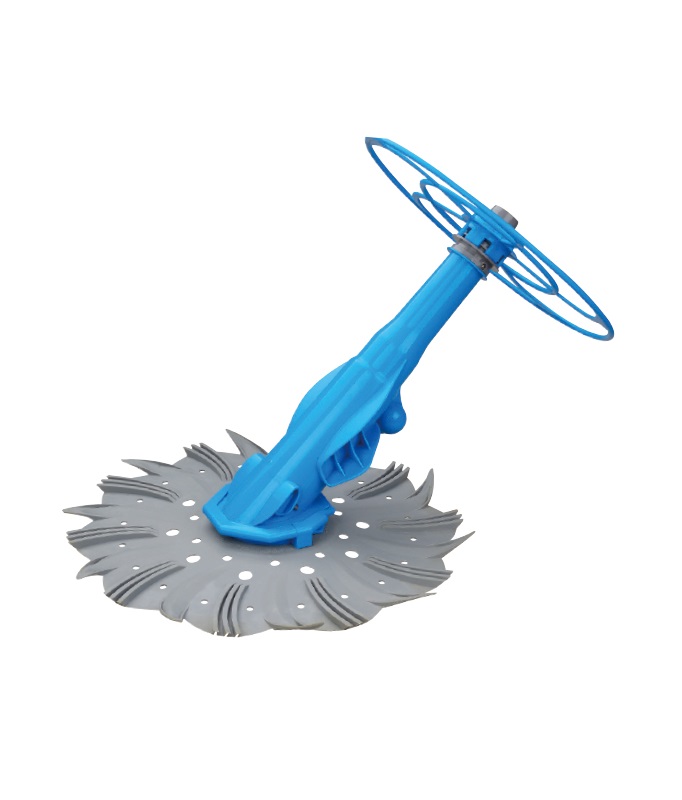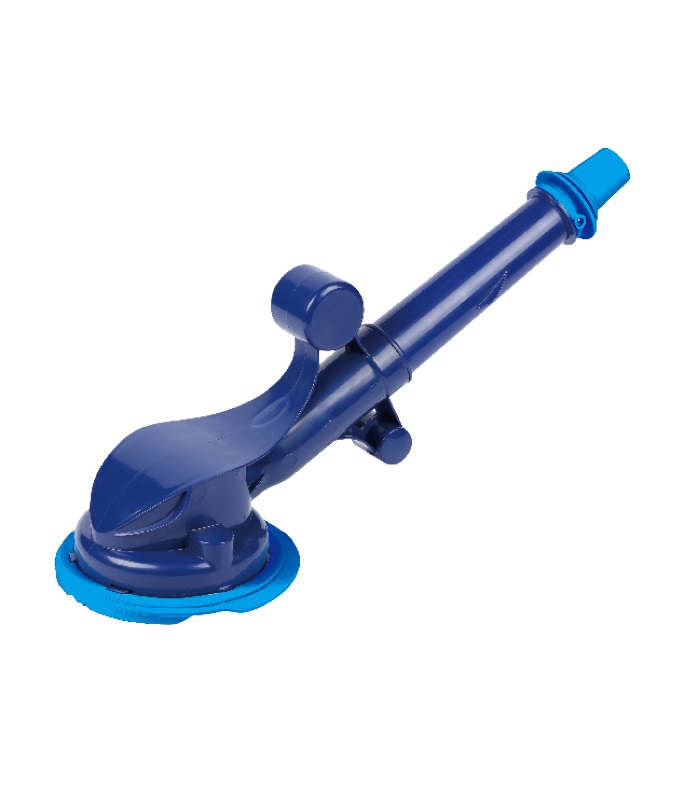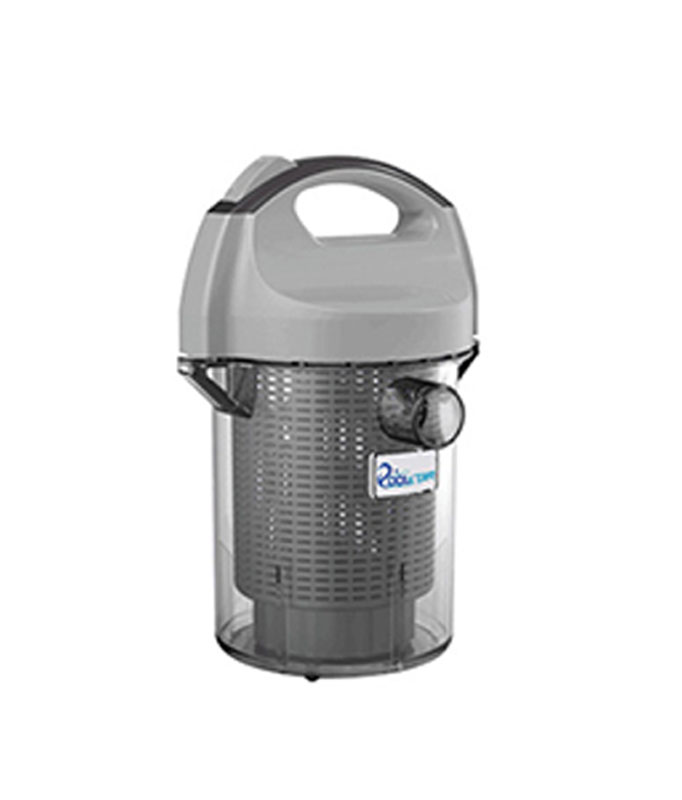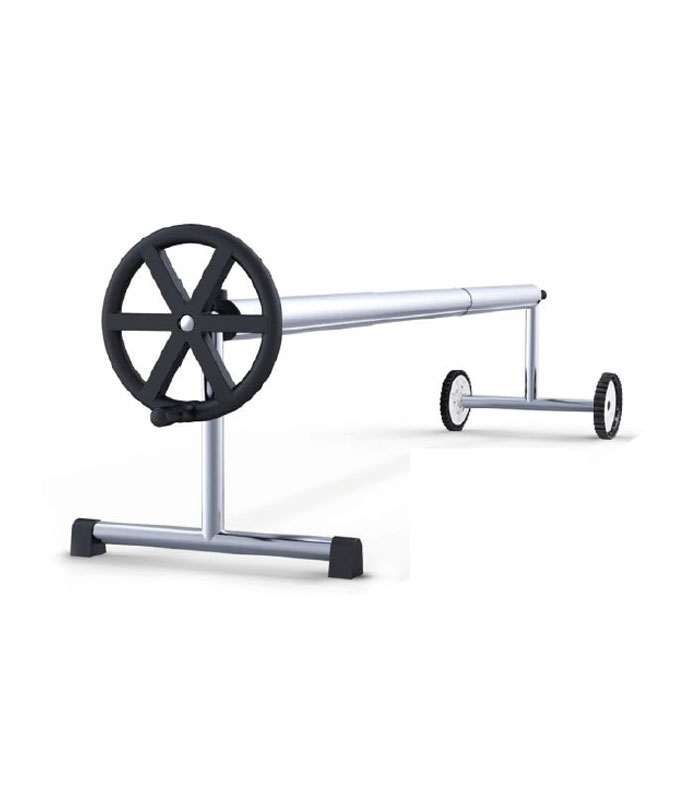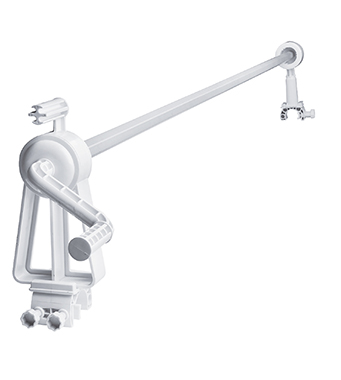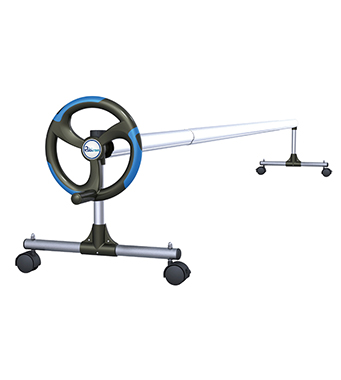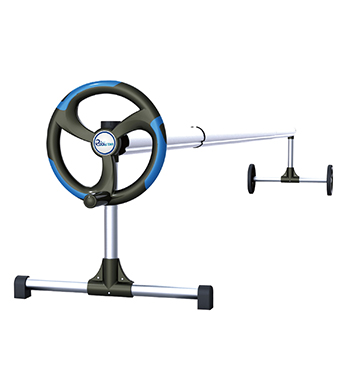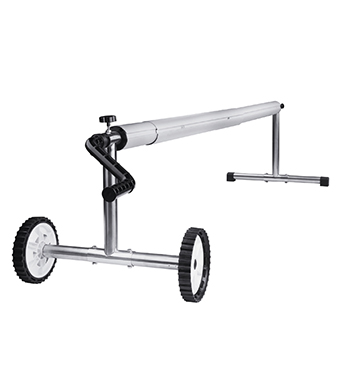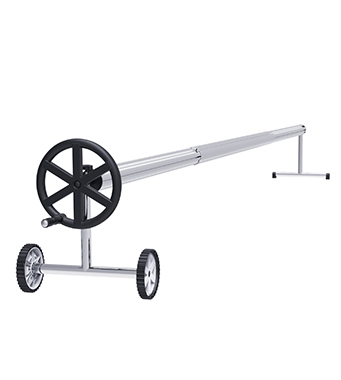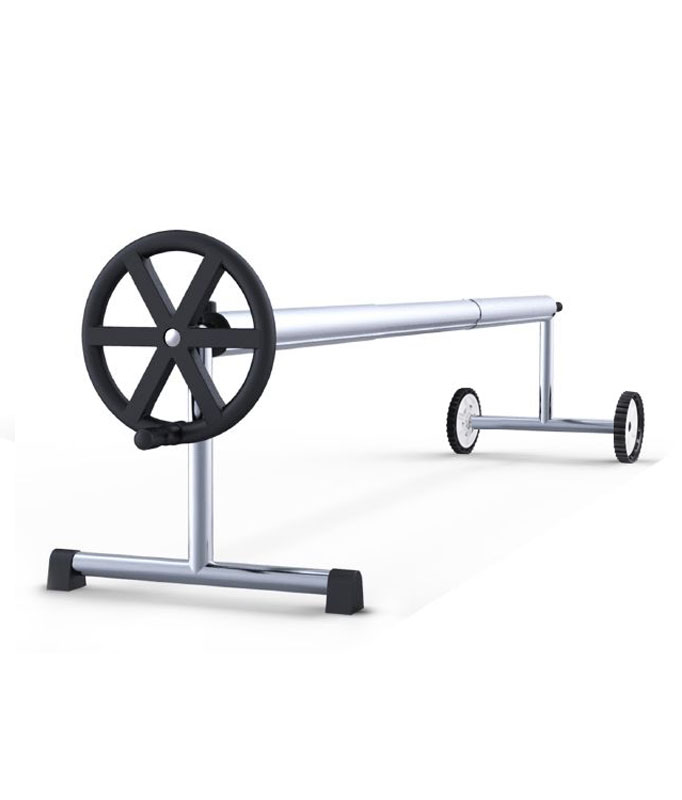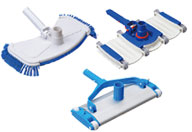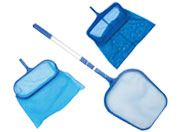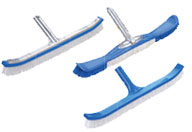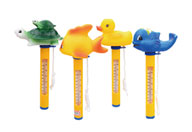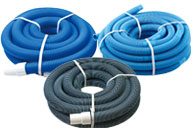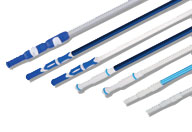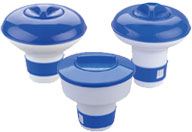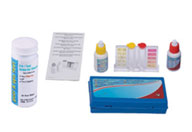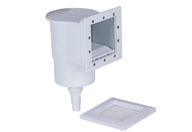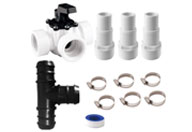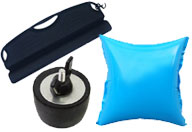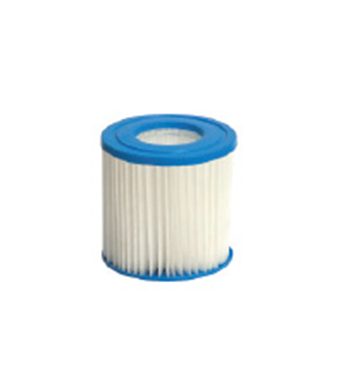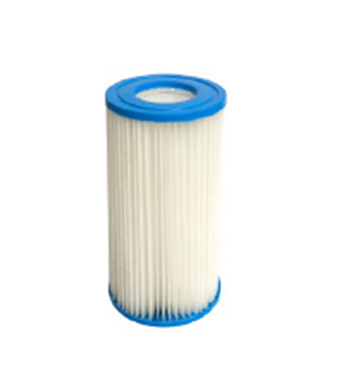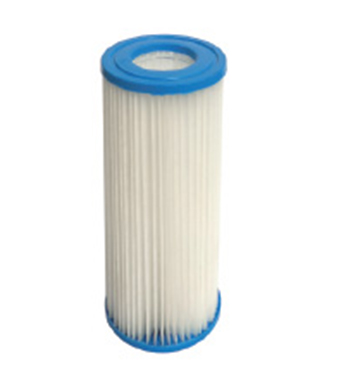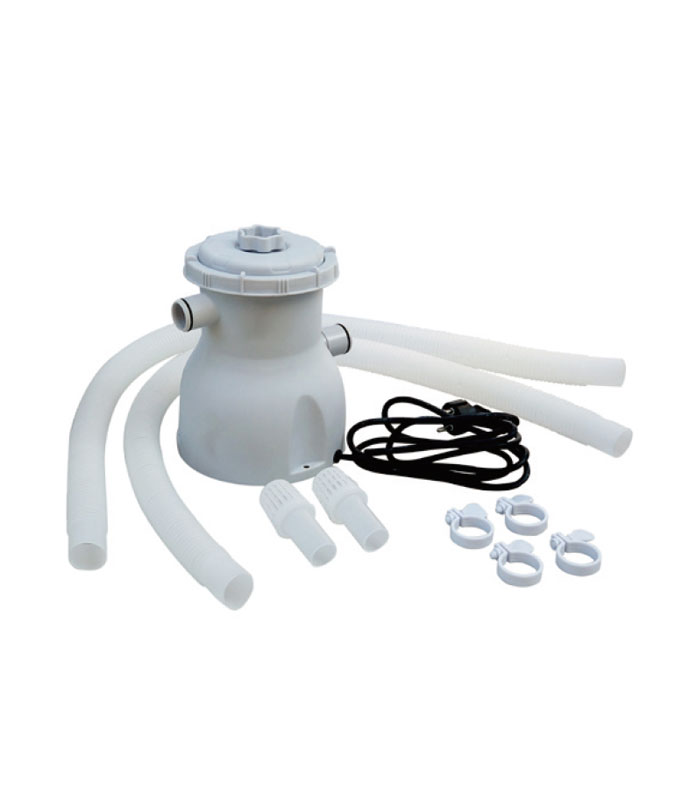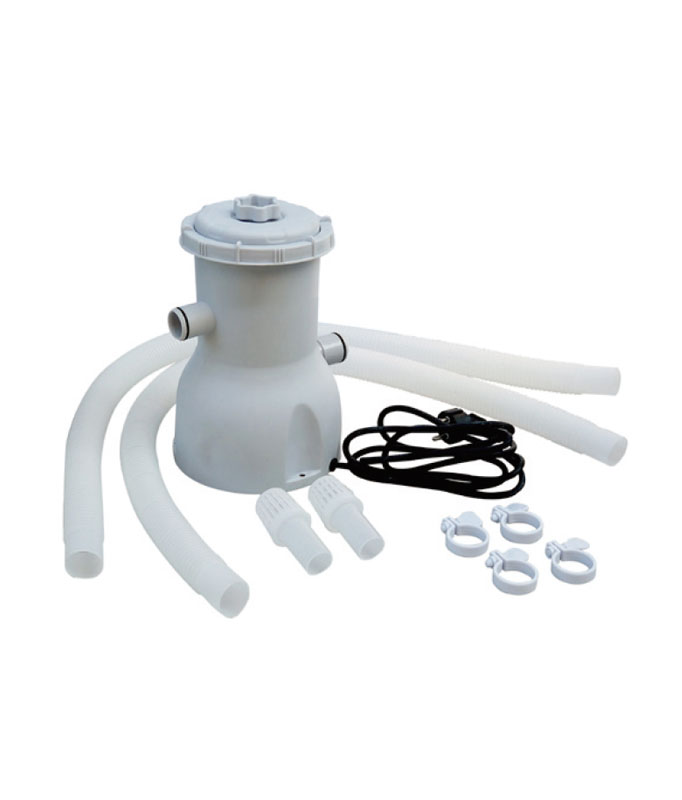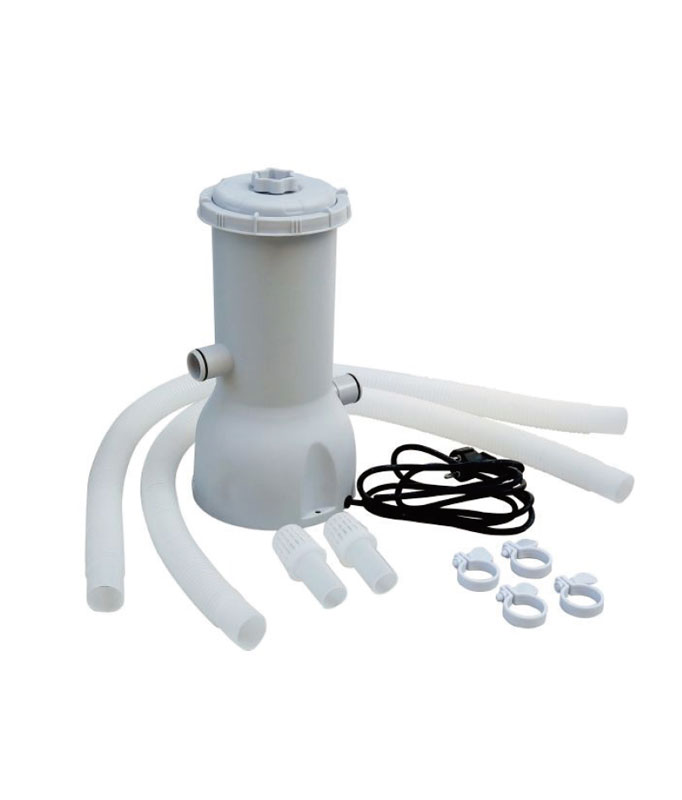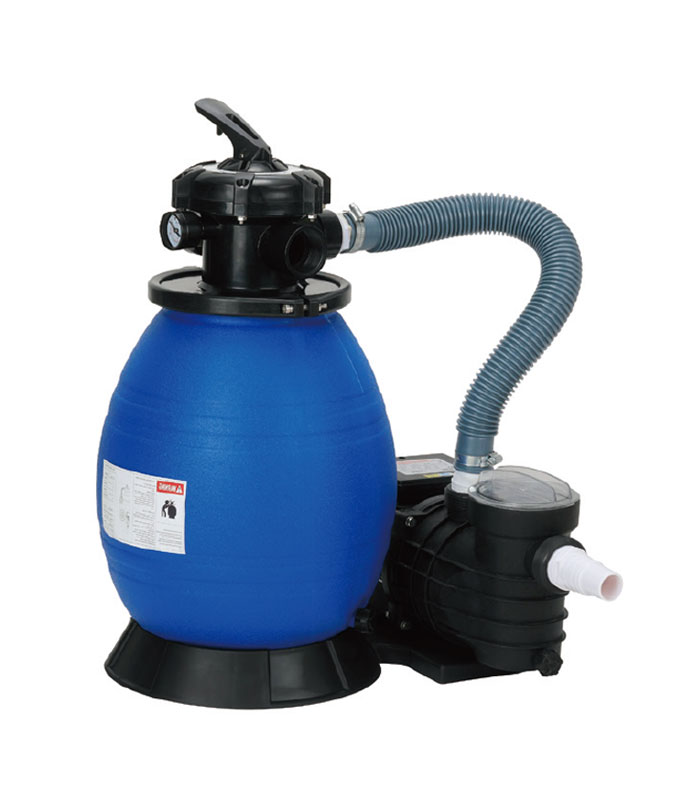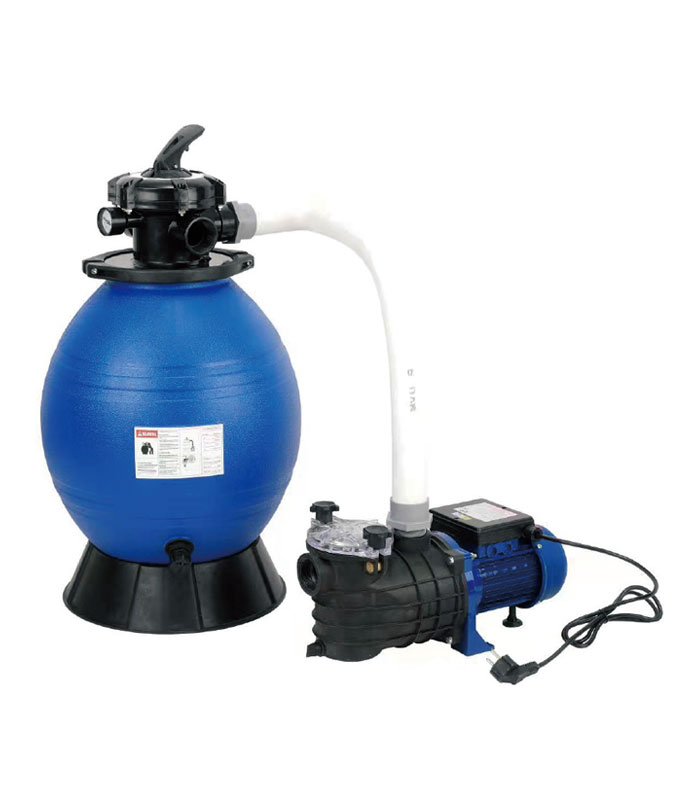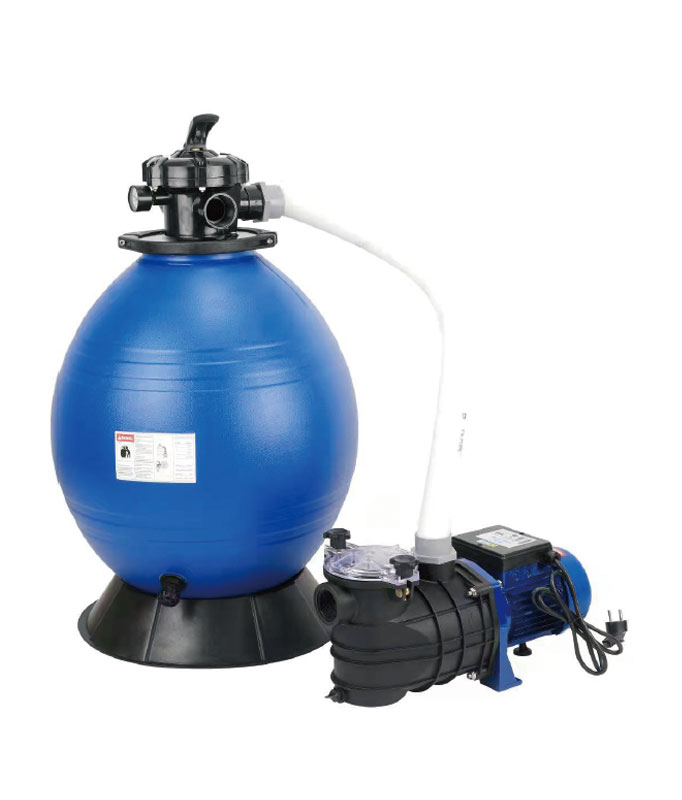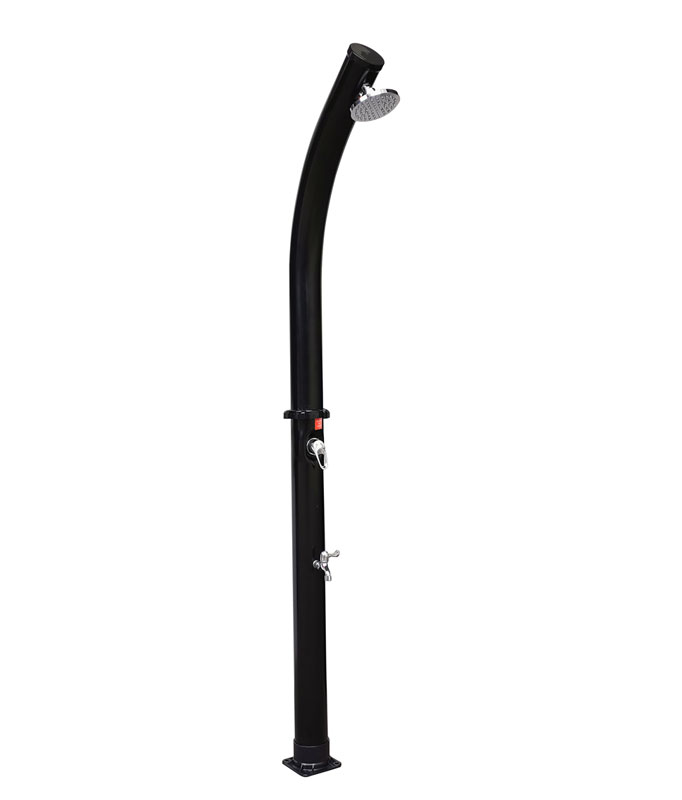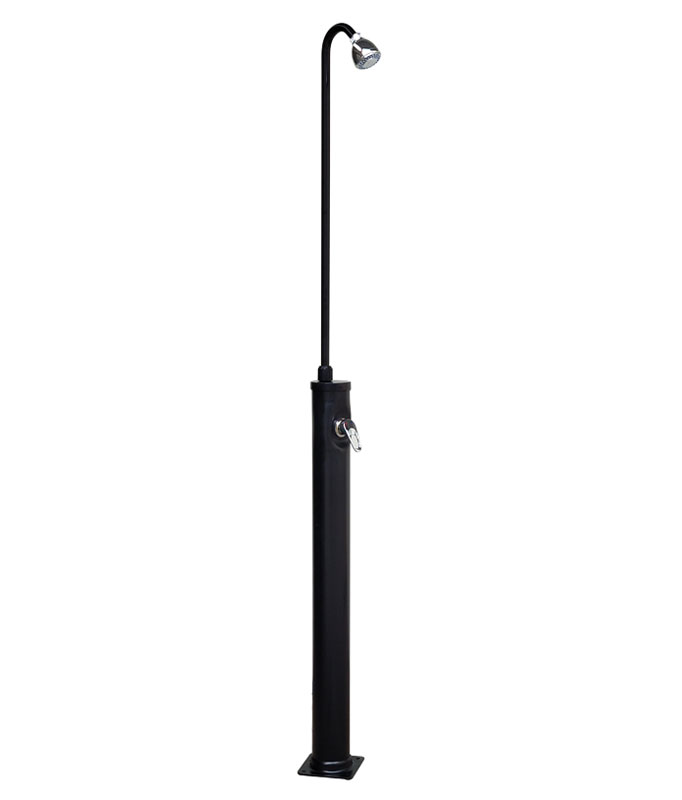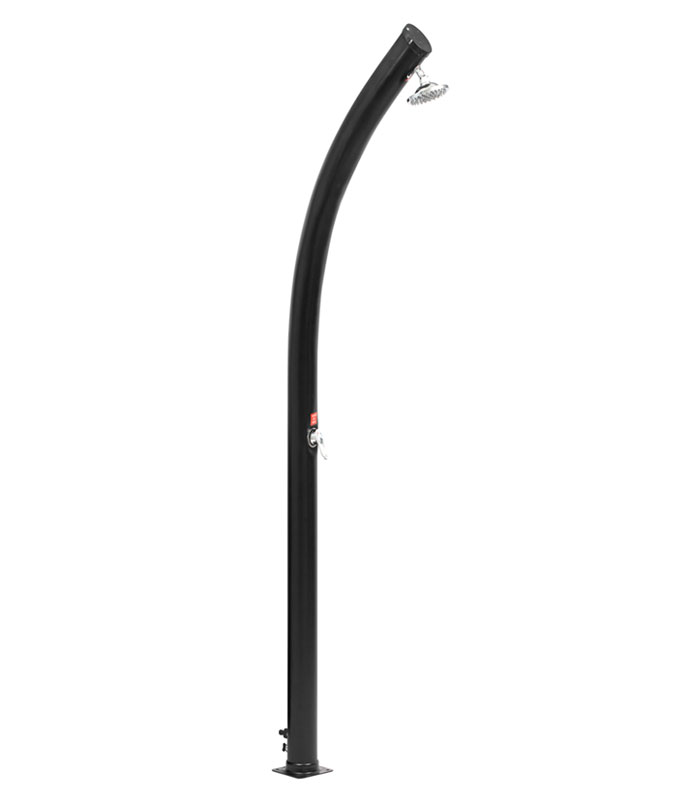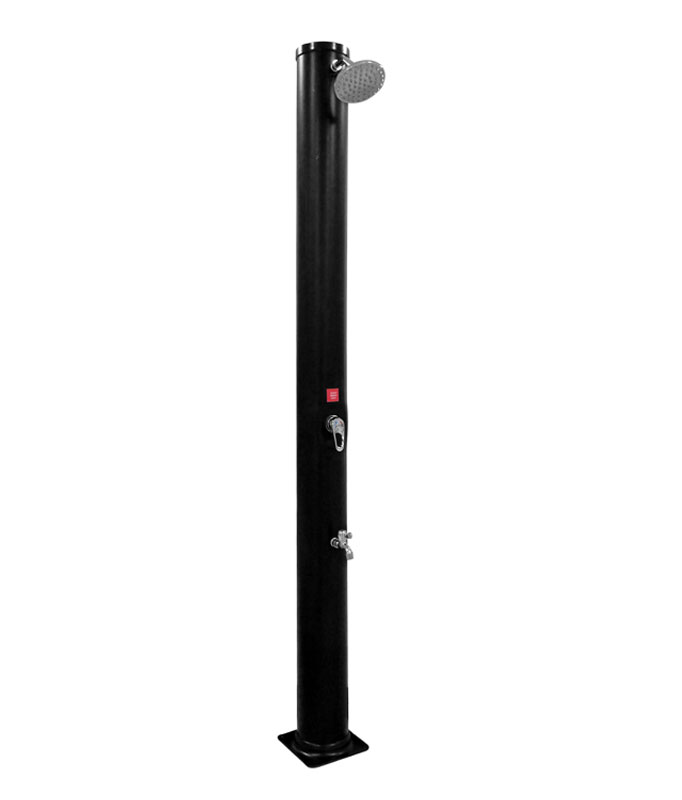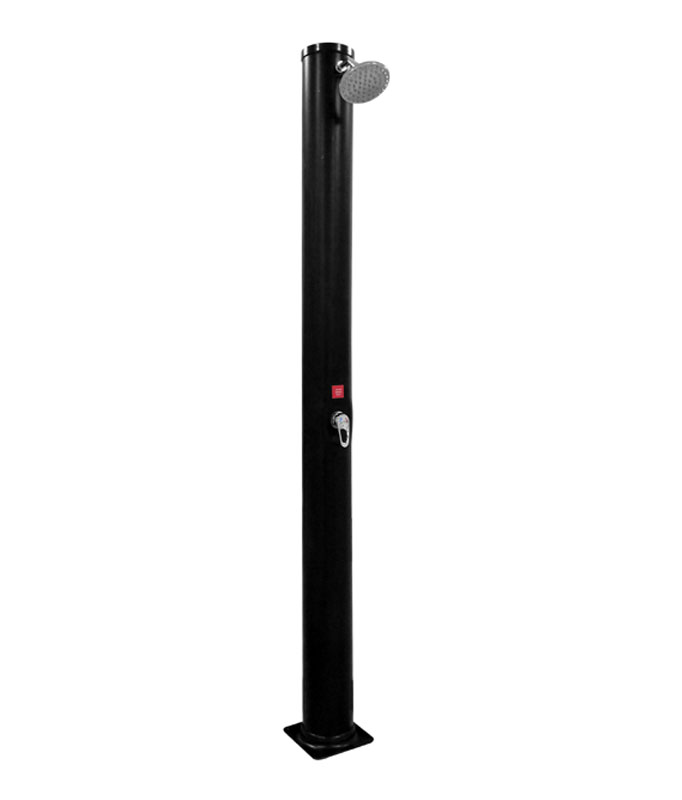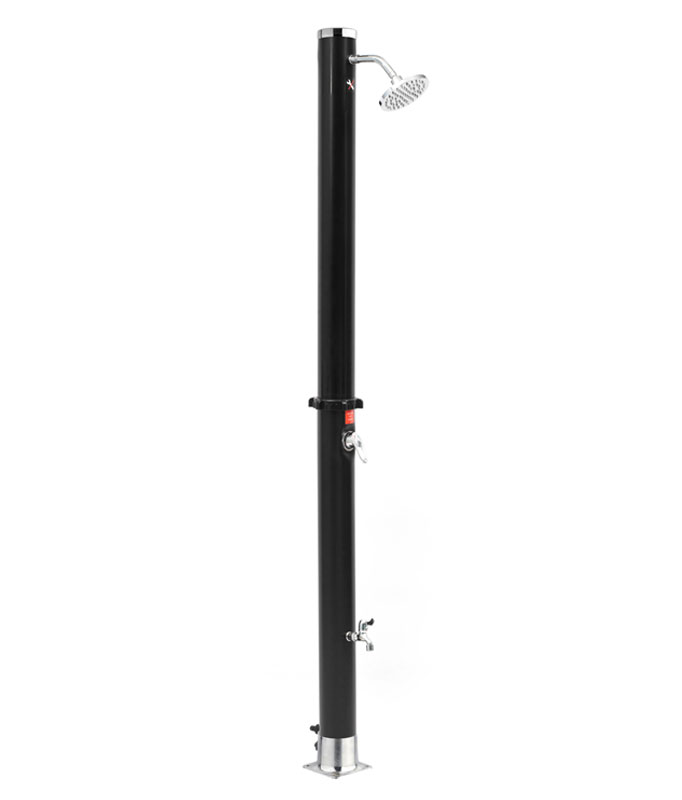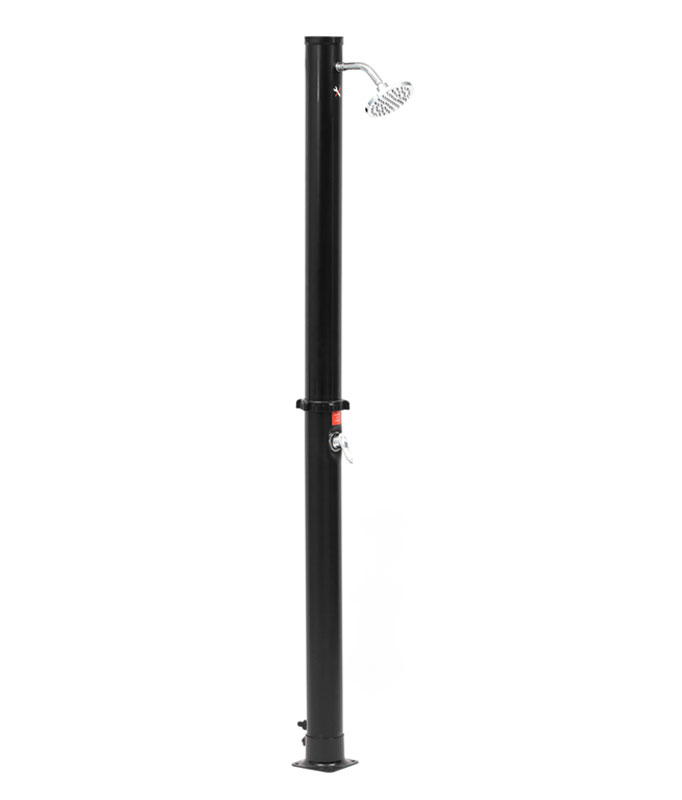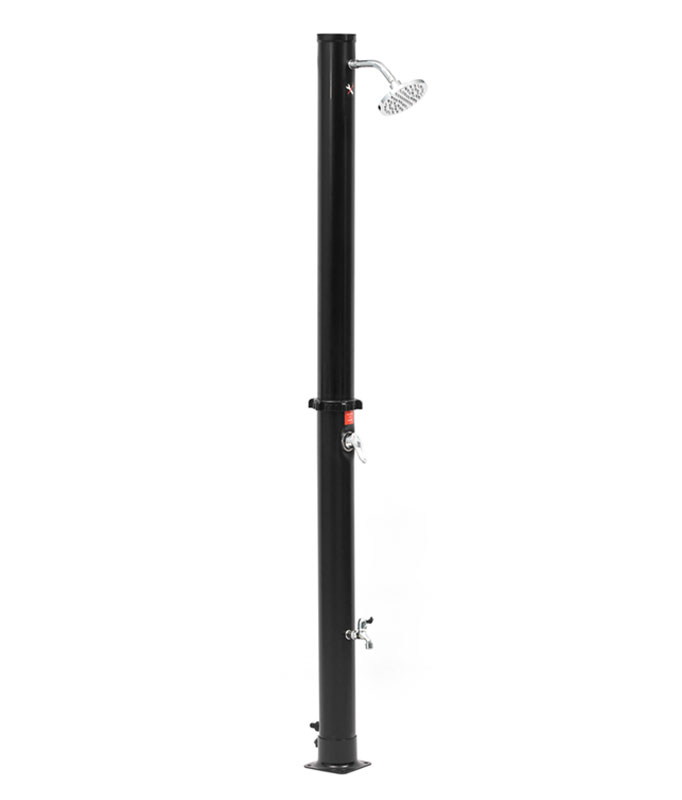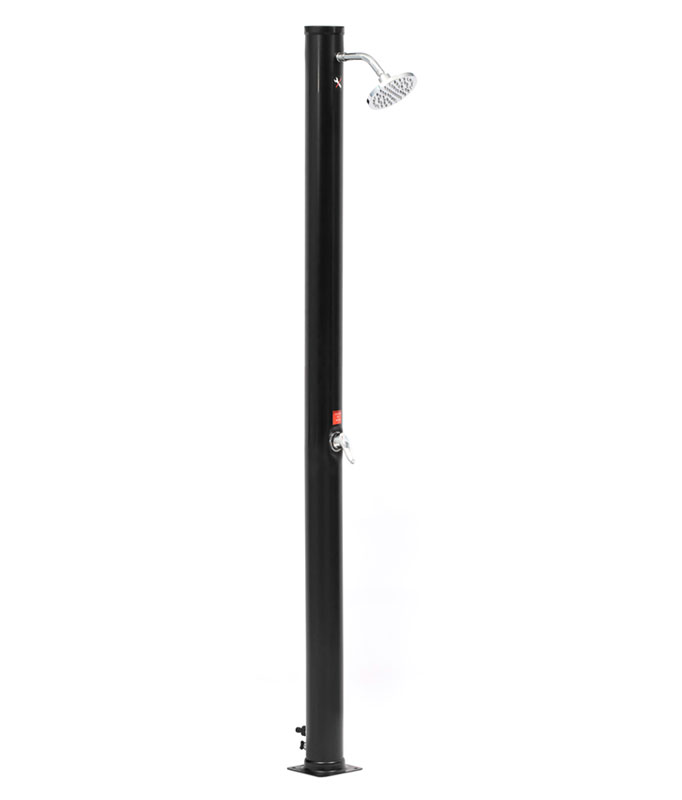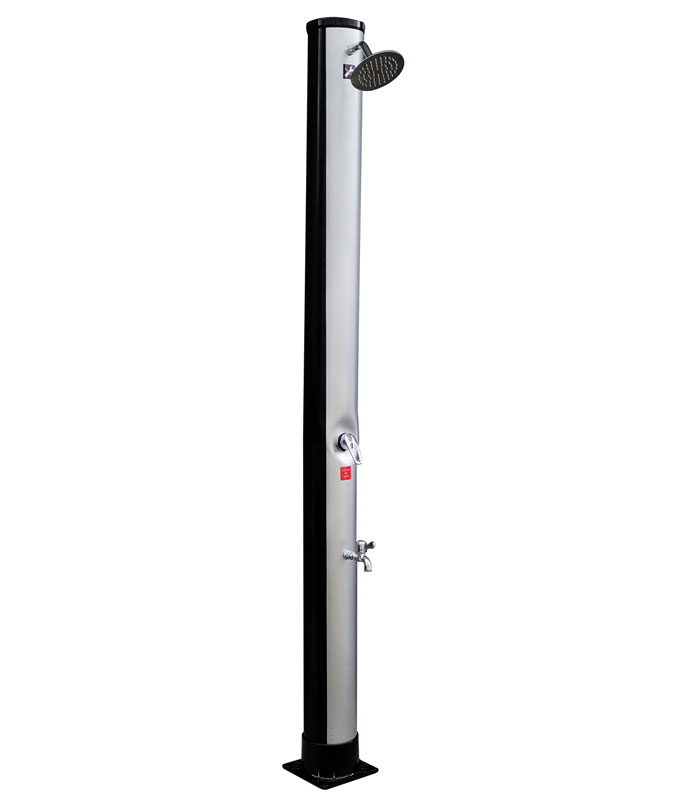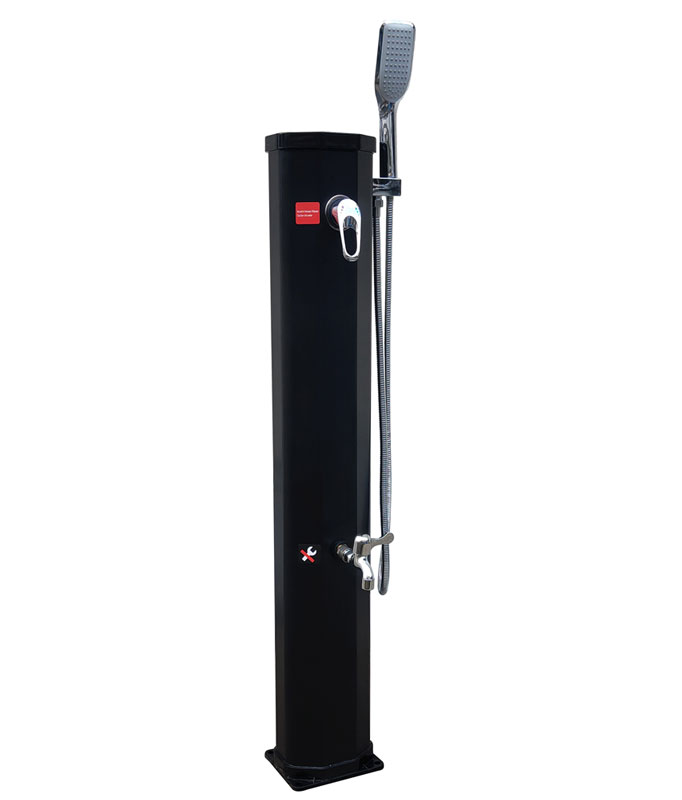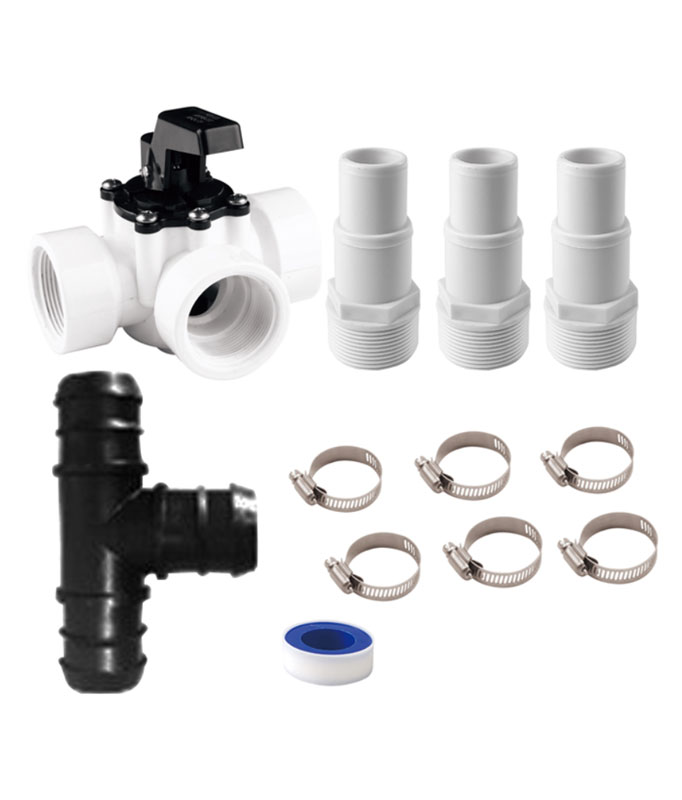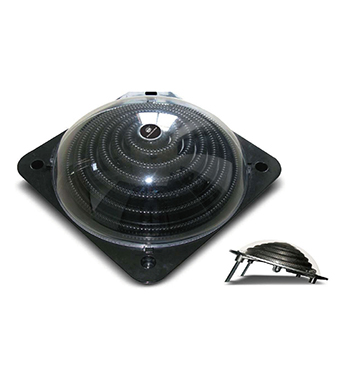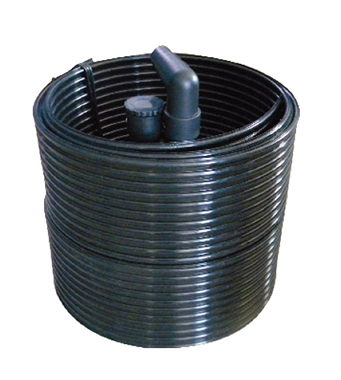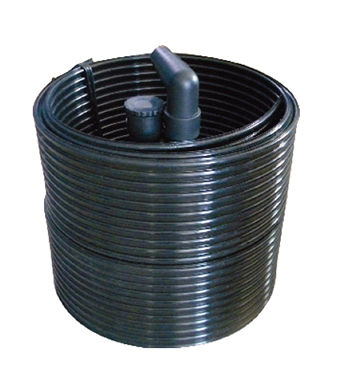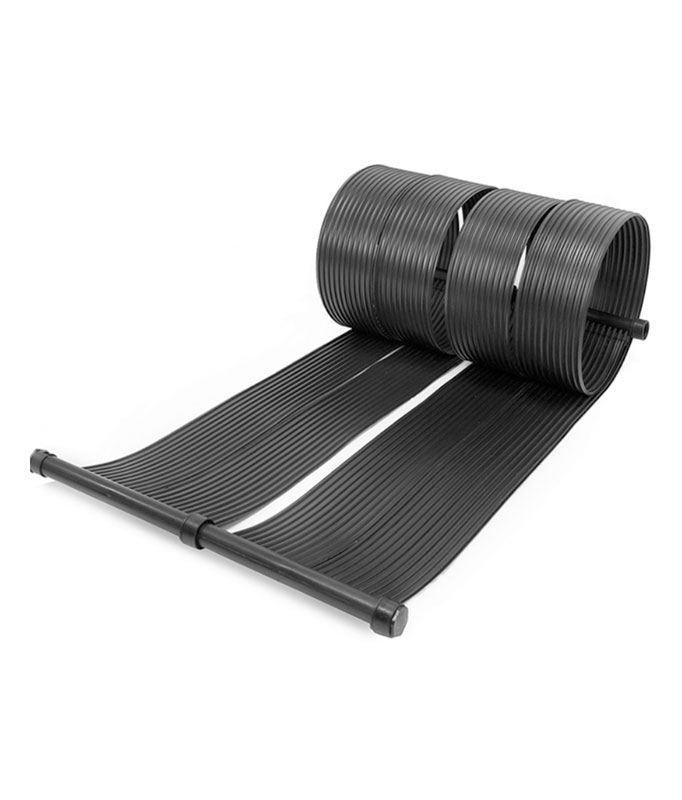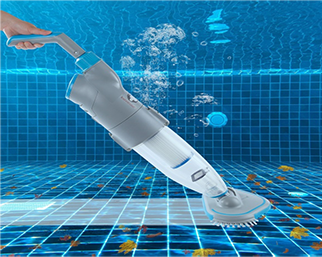
Keeping your pool clean doesn’t have to be a hassle. The main difference between corded and cordless pool vacuums lies in their power source. Corded models rely on a constant power supply, while a portable pool vacuum cleaner operates on rechargeable batteries. Picking the right vacuum ensures your pool stays sparkling with less effort. Learn more at https://www.cnpoolstar.com/category/portable-pool-vacuum-cleaner-2.html.
Key Takeaways
- Corded pool vacuums give steady power and work well for big pools with lots of dirt. They last long and need less care over time.
- Cordless pool vacuums are easy to move and great for small or medium pools. They are light and simple to use, but their battery might not last long.
- Think about your pool's size, the type of dirt, and how often you clean it. Picking a vacuum that fits these needs will keep your pool clean easily.
Corded Pool Vacuums
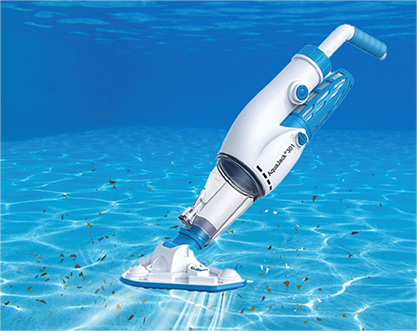
Features and Benefits
Corded pool vacuums are known for their consistent power. Since they plug directly into an outlet, you don’t have to worry about batteries running out mid-clean. This makes them perfect for tackling large pools or heavy debris. Many models come with powerful suction, which helps remove dirt, leaves, and even fine particles from your pool. Some also include advanced filtration systems to keep your water crystal clear.
Another great feature is their durability. Corded vacuums are built to last, often with fewer moving parts compared to their cordless counterparts. They’re also less likely to lose performance over time. If you want a reliable option for regular pool maintenance, a corded vacuum might be the way to go.
Drawbacks
While corded vacuums have their perks, they’re not without flaws. The biggest downside is the cord itself. It can limit your movement and make cleaning feel less convenient. You’ll need to manage the cord carefully to avoid tangles or damage. Plus, finding a nearby power outlet can sometimes be a hassle.
These vacuums also tend to be heavier and bulkier. If you’re looking for something lightweight and easy to handle, a portable pool vacuum cleaner might suit you better. Lastly, corded models often require more setup time, which can be frustrating if you’re in a hurry.
Best Use Cases
Corded pool vacuums shine in specific situations. They’re ideal for large pools where consistent power is essential. If your pool collects a lot of debris, like leaves or sand, a corded model can handle the job efficiently. They’re also great for homeowners who clean their pools frequently and want a dependable, long-term solution.
Portable Pool Vacuum Cleaner (Cordless)
Features and Advantages
A portable pool vacuum cleaner offers unmatched convenience. Since it runs on rechargeable batteries, you don’t have to deal with cords or search for a power outlet. This makes it incredibly easy to move around, especially if you have a pool with tricky corners or steps. Many cordless models are lightweight, so you can carry and operate them without much effort.
Another big plus is their quick setup. You can grab your portable pool vacuum cleaner, turn it on, and start cleaning right away. Some models even come with advanced features like smart navigation or multiple cleaning modes. These can save you time and make pool maintenance feel less like a chore.
Cordless vacuums are also great for energy efficiency. They only use power when needed, which can help reduce electricity costs. Plus, they’re often quieter than corded options, so you can clean your pool without disturbing the peace.
Limitations
While cordless vacuums are convenient, they do have some downsides. Battery life is one of the biggest challenges. If you have a large pool, the vacuum might run out of power before the job is done. You’ll need to recharge it, which can take a few hours depending on the model.
Cordless vacuums also tend to have less suction power compared to corded ones. This means they might struggle with heavy debris or fine particles. Additionally, their smaller size often means a smaller debris collection bin, so you may need to empty it more frequently.
Ideal Scenarios
A portable pool vacuum cleaner is perfect for small to medium-sized pools. If your pool doesn’t collect a lot of debris or if you clean it regularly, a cordless model can handle the job well. It’s also a great choice for anyone who values portability and ease of use. If you’re looking for a quick and hassle-free way to keep your pool clean, this type of vacuum is a fantastic option.
Choosing the Right Pool Vacuum
Pool Type and Size
Your pool’s size and type play a big role in picking the right vacuum. If you have a large in-ground pool, a corded vacuum might be the better choice. It offers consistent power and can handle bigger cleaning jobs. On the other hand, if you own a smaller above-ground pool, a portable pool vacuum cleaner could be perfect. Its lightweight design and cordless convenience make it easy to maneuver in tight spaces.
Tip: Measure your pool’s dimensions before shopping for a vacuum. This ensures you choose a model that can cover the entire area efficiently.
Cleaning Frequency
How often do you clean your pool? If you’re someone who likes to clean weekly or even daily, a cordless vacuum might save you time. It’s quick to set up and easy to use. However, if you only clean occasionally or after storms, a corded vacuum’s power and durability might suit your needs better. Think about your routine and pick a vacuum that fits your schedule.
Debris Type
Take a look at the kind of debris your pool collects. Is it mostly leaves, twigs, or sand? Corded vacuums are great for heavy-duty cleaning and can handle larger debris. But if your pool only gathers light dirt or fine particles, a portable pool vacuum cleaner can do the job just fine. Matching the vacuum’s suction power to your pool’s needs will save you time and effort.
Budget
Your budget is another key factor. Corded vacuums often cost more upfront but last longer and require less frequent replacement. Cordless models are usually more affordable initially, but you might need to replace batteries over time. Decide how much you’re willing to spend and weigh the long-term costs against the convenience you want.
Maintenance Tips
Caring for Corded Vacuums
Taking care of your corded pool vacuum ensures it lasts longer and performs well. Start by inspecting the cord regularly. Look for any signs of wear or damage, like fraying or exposed wires. If you spot an issue, fix it right away to avoid safety hazards. After each use, wipe down the vacuum to remove dirt and debris. This prevents buildup that could affect its performance.
Don’t forget to clean the filter. A clogged filter reduces suction power and makes cleaning harder. Check your vacuum’s manual for instructions on how to remove and wash the filter. Lastly, store the cord neatly. Tangled cords can lead to kinks or breaks, so coil it properly before putting the vacuum away.
Tip: Use a cord organizer to keep the cable tangle-free and easy to manage.
Maintaining Cordless Vacuums
Cordless vacuums need a little extra attention because of their batteries. Always charge the battery fully before using the vacuum. This helps it last longer and ensures you get the most cleaning time. Avoid letting the battery drain completely, as this can shorten its lifespan.
Clean the vacuum’s brushes and filter regularly. Debris stuck in the brushes can reduce efficiency, while a dirty filter can block airflow. If your model has a removable battery, store it in a cool, dry place when not in use.
Note: Replace the battery if you notice it doesn’t hold a charge as well as it used to.
Storage Best Practices
Proper storage keeps your pool vacuum in top shape. Always store it in a dry, shaded area to protect it from moisture and sunlight. For corded models, hang the vacuum and its cord on a wall hook to save space and prevent damage. Cordless vacuums can be stored in a cabinet or on a shelf.
If your vacuum has detachable parts, like brushes or filters, keep them in a labeled container. This makes it easier to find everything when it’s time to clean your pool.
Reminder: Never leave your vacuum outside, as exposure to the elements can cause rust or other damage.
Choosing between corded and cordless pool vacuums comes down to your specific needs. Corded models offer power and durability, while cordless ones provide convenience and portability. Think about your pool’s size, the type of debris it collects, and how often you clean it.
Quick Tip:
If you have a large pool with heavy debris, go for a corded vacuum. For smaller pools or quick cleanups, a cordless option works best.
By matching your budget and pool requirements, you’ll find the perfect vacuum to keep your pool sparkling!
FAQ
What’s the main difference between corded and cordless pool vacuums?
Corded vacuums rely on constant power from an outlet, while cordless ones use rechargeable batteries. Corded models offer more power, but cordless ones are portable and easier to use.
How long does a cordless pool vacuum battery last?
Most cordless vacuums run for 30-90 minutes, depending on the model. Check the manufacturer’s details to ensure the battery life matches your pool cleaning needs.
Tip: Always fully charge your cordless vacuum before use to maximize runtime!
Can I use a pool vacuum for both in-ground and above-ground pools?
Yes, many vacuums work for both types. Just ensure the model you choose is compatible with your pool’s size and design for the best results.
Emoji Reminder: 🏊♂️ Always read the product description to avoid surprises!

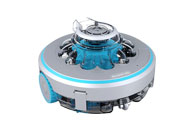 Robotic Pool Cleaner
Robotic Pool Cleaner 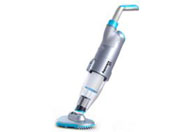 Portable Pool Vacuum Cleaner
Portable Pool Vacuum Cleaner 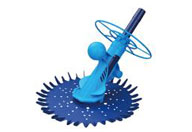 Automatic Pool Cleaner
Automatic Pool Cleaner 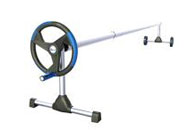 Pool Cover Reel
Pool Cover Reel 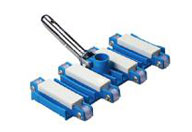 Pool Cleaning Accessories
Pool Cleaning Accessories 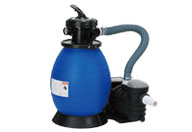 Pool Filter Pump
Pool Filter Pump 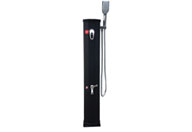 Pool Solar Shower
Pool Solar Shower 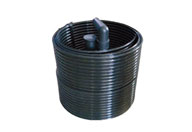 Pool Solar Collector
Pool Solar Collector 